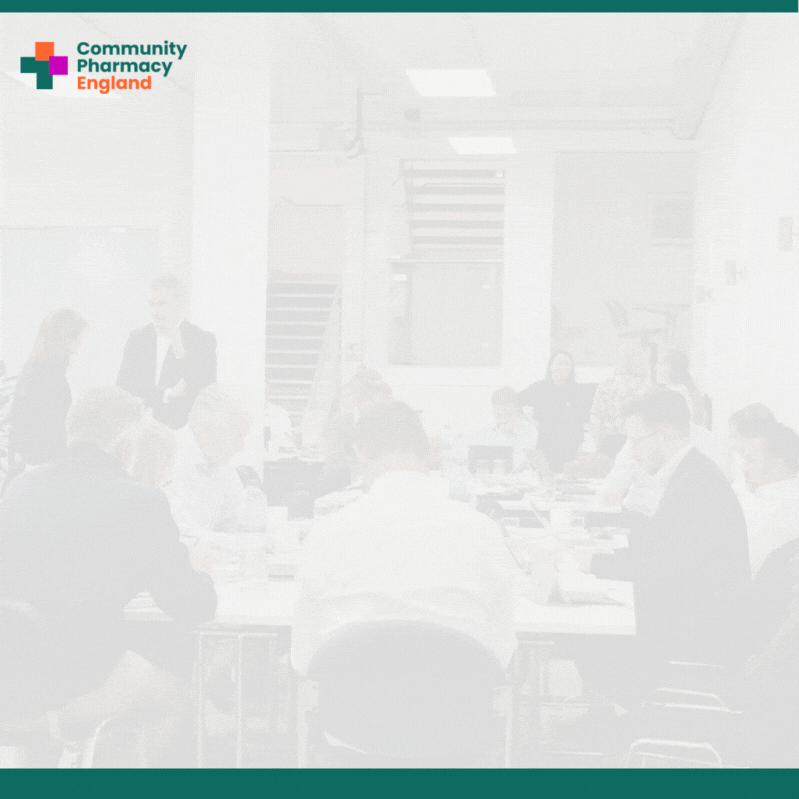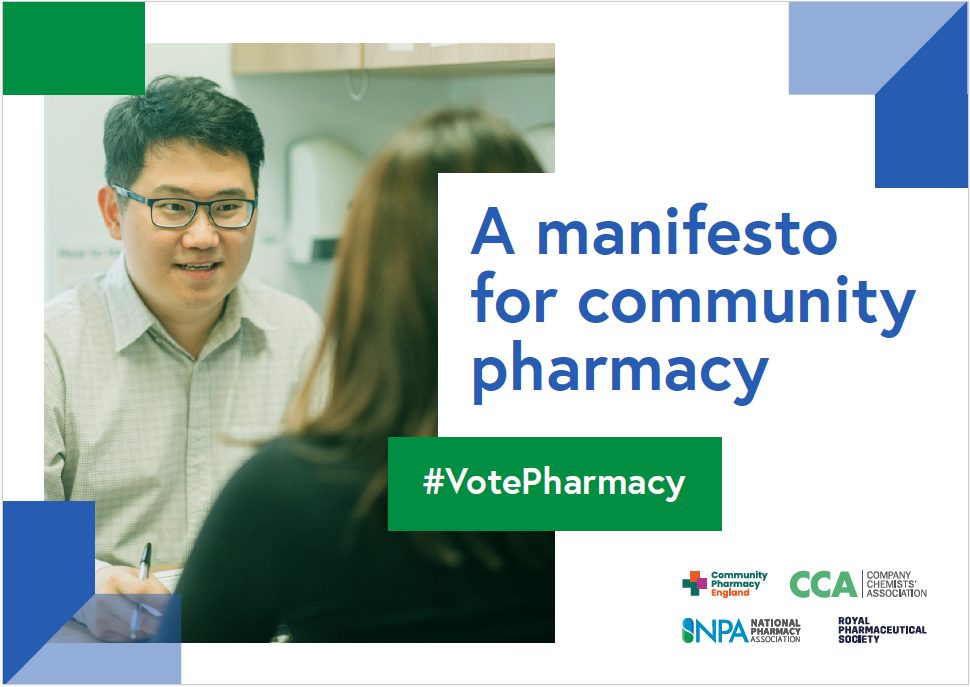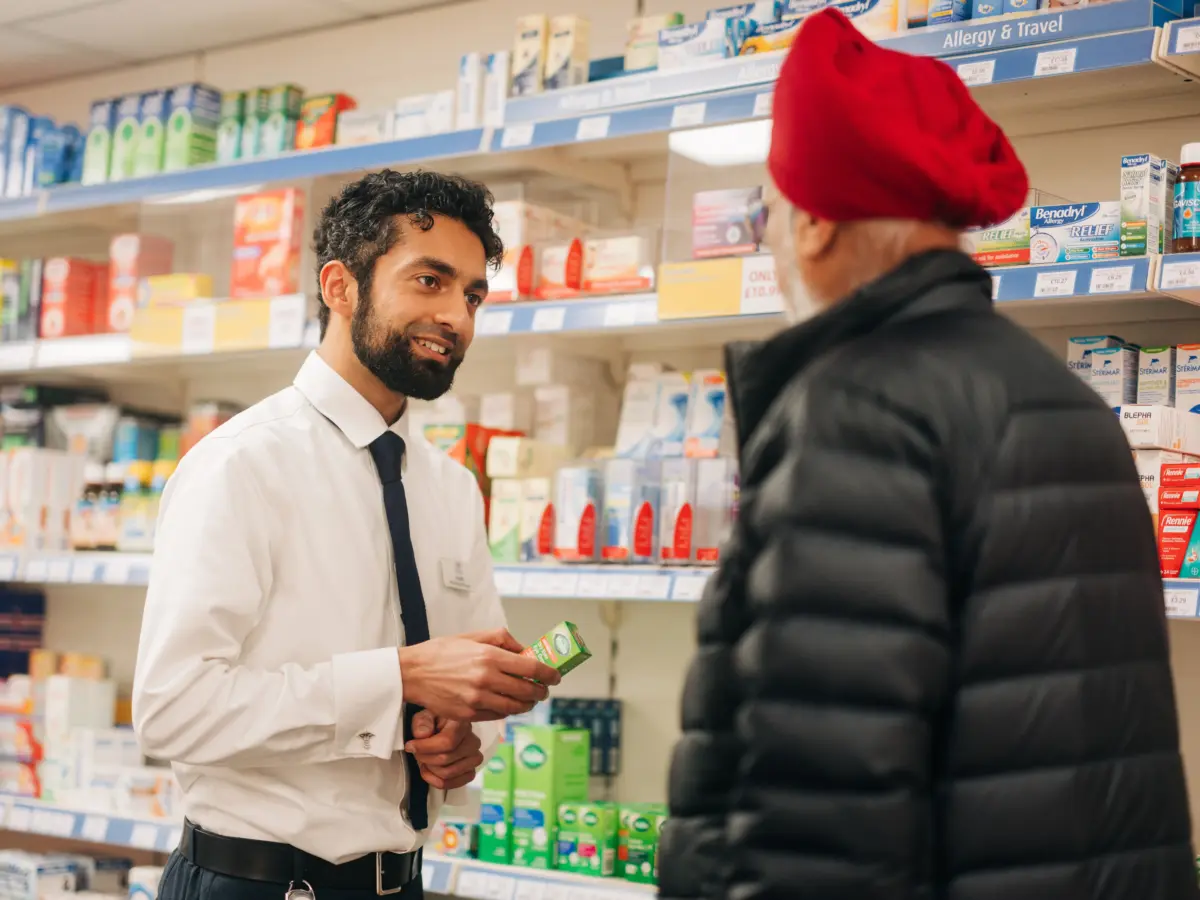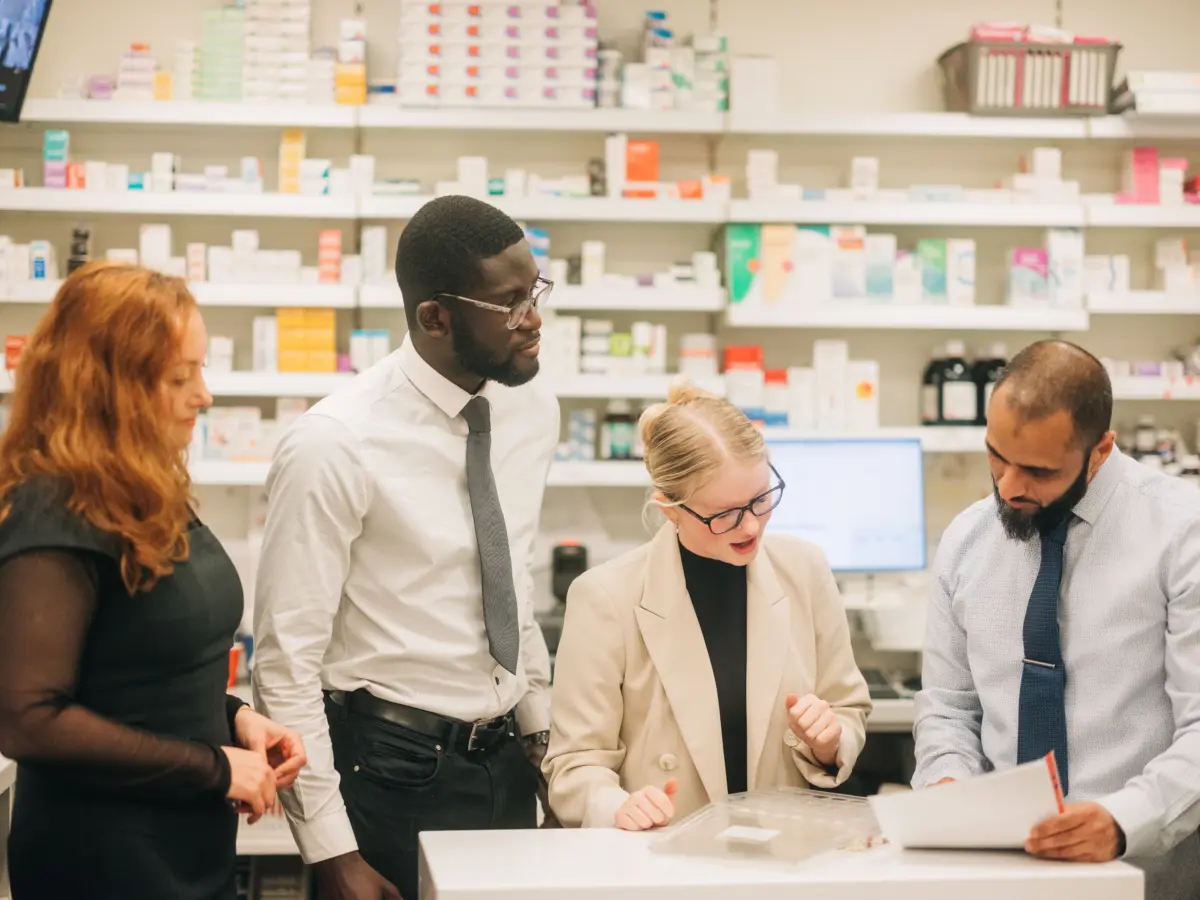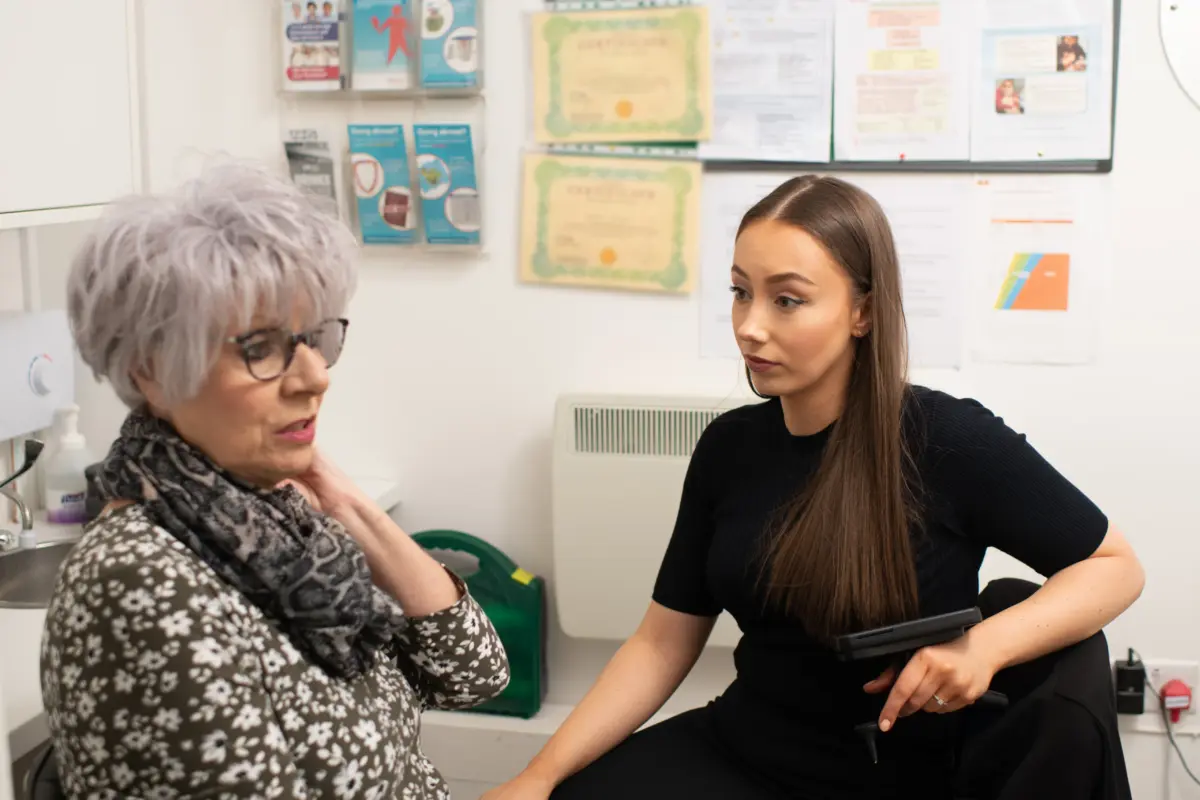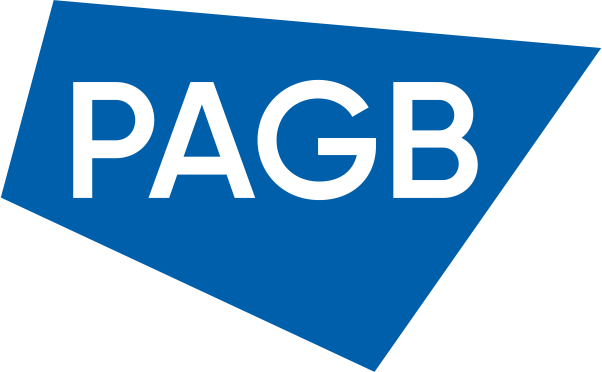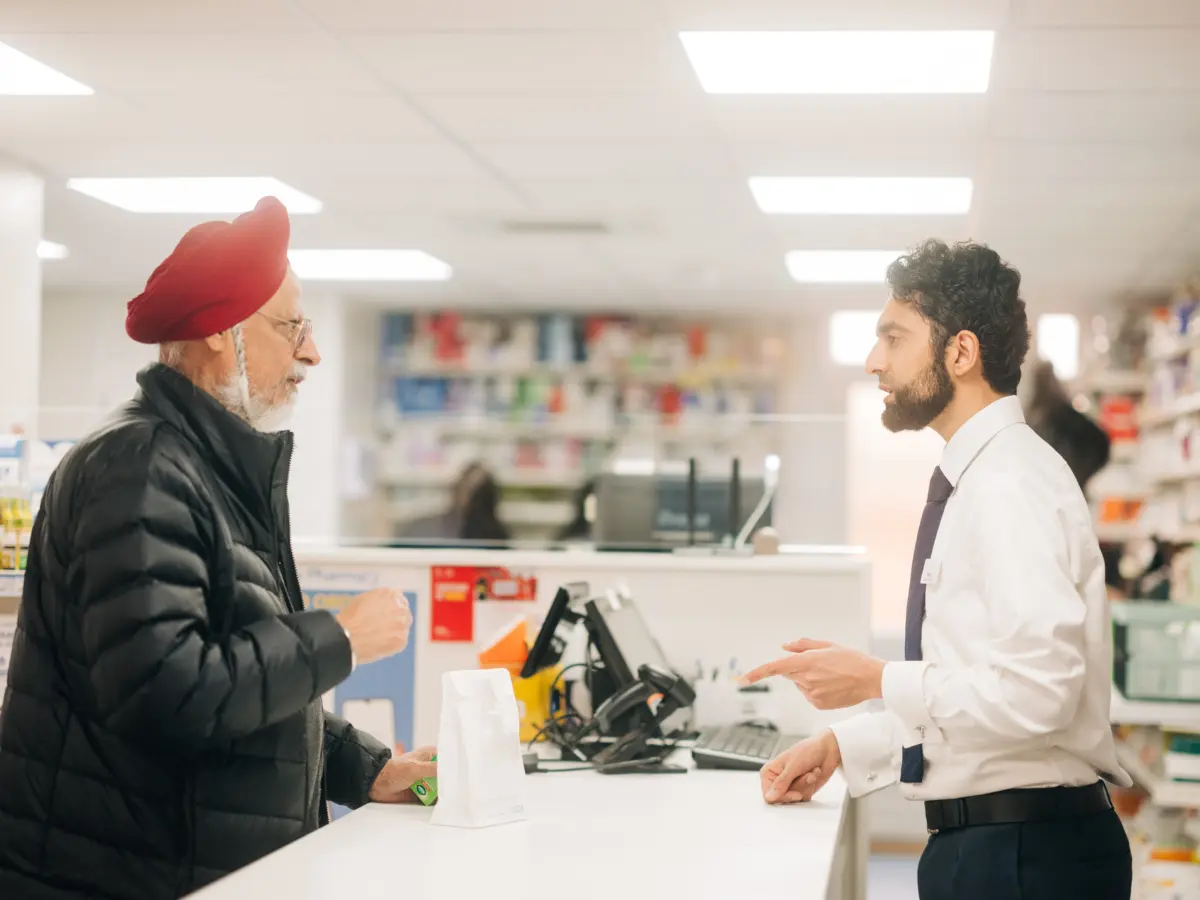Service case study: Improving outcomes in patients with diabetes through lifestyle and clinical interventions
Published on: 6th July 2018 | Updated on: 15th March 2022
Community pharmacy teams in Hertfordshire have been participating in a small pilot to provide extra support to patients with diabetes.
Community pharmacy was seen to have a pivotal role in providing lifestyle interventions, medicines optimisation and liaising with other healthcare professionals to promote self-management and improve patient outcomes.
It was recognised that in Herts Valleys, improvements could be made to increase the number of patients with Type 2 diabetes who met all three treatment targets: HbA1c, cholesterol and blood pressure. Herts Valleys Clinical Commissioning Group (CCG) successfully bid for a number of initiatives which included the Community Pharmacy Diabetes Plus Service pilot supported by lead GPs. Hertfordshire LPC and Herts Valleys CCG including the lead GPs worked together collaboratively to support the implementation of the project.
What did the service involve?
Pharmacists offer an initial MUR-type consultation where the patient is supported with their diabetes medicines and self-management. This is followed up 21-28 days later with an NMS-type consultation looking at whether the recommendations made were implemented by the patient.
Pharmacists offered a range of lifestyle interventions, including providing information on retinal screening, foot health and mental wellbeing. Patient education was also provided relating to diabetes and driving, intercurrent illness, using blood glucose meters and managing hypoglycaemia.
Patients were selected for the service if they had been newly diagnosed with diabetes; were dispensed medicine for diabetes during the pilot period and identified with poor adherence to their medication; or they had not had their HbA1c monitored within the last year.
A key element of the service was a training event before implementation of the service that gave pharmacists the tools to advise patients, thus improving the quality of their consultation.
What does the evaluation show?
During the delivery period from mid-January to April 2018, 60 interactions were recorded, with 45% of those receiving follow-up consultations.
From the follow-up consultations:
- 62.5% indicated that they had accessed signposted services where they had been provided local resources;
- 93% had followed advice given at the first consultation; and
- 81.5% indicated that they had no difficulty with the previous advice given.
The patient evaluation demonstrated that:
- 90% felt more empowered to manage their diabetes;
- 90% felt the service had improved understanding of their medications;
- 95% felt more confident about their medications and knew where to seek further support; and
- 95% had time to discuss concerns around their diabetes management and that their concerns were listened to and addressed.
The evaluation concludes that value is being provided to patients with diabetes particularly around further support and information and identifying patients at an earlier stage that may not understand aspects of their condition and how they can prevent their current condition deteriorating.
As a next step, the CCG is looking to extend the pilot with some minor amendments to demonstrate patient outcomes until March 2019.

